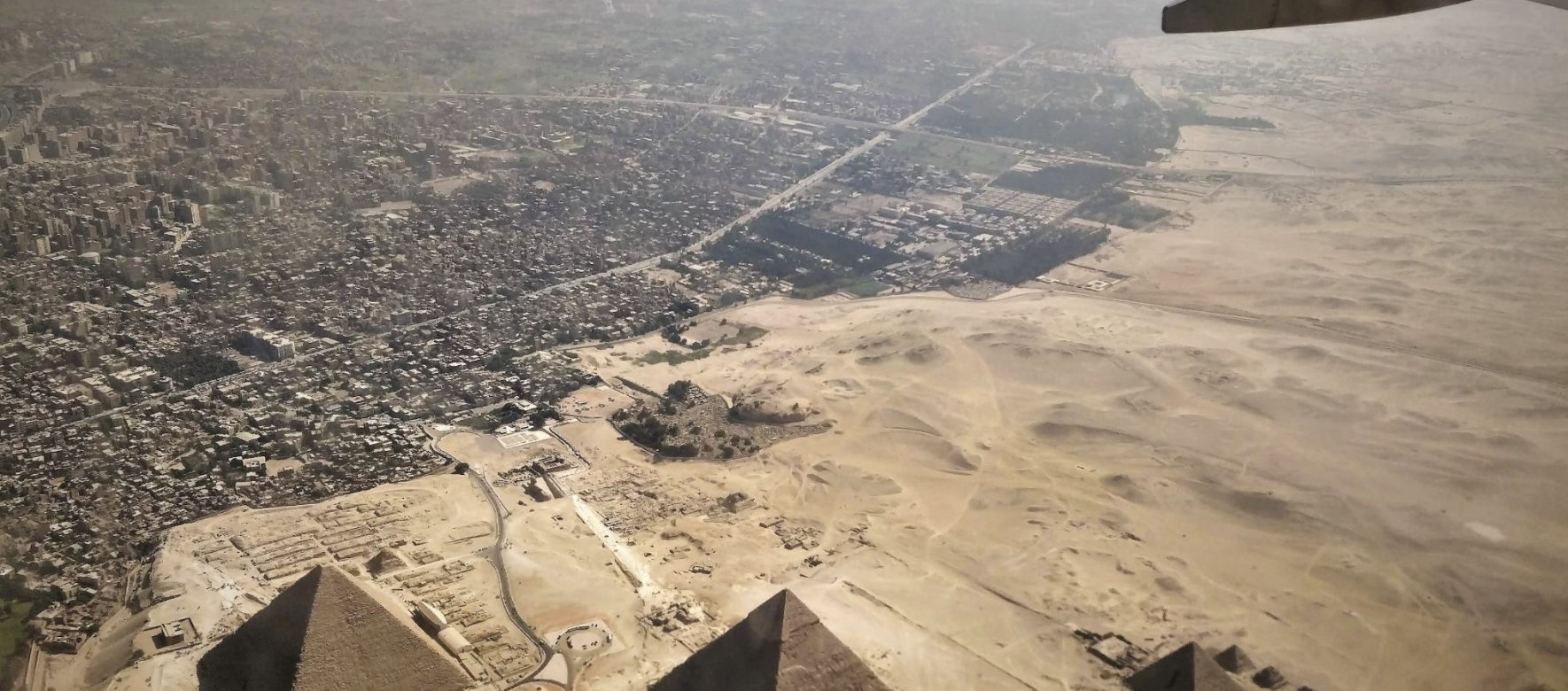President Abdel Fattah Al-Sisi participated in the 16th BRICS Summit in Kazan, Russia, in October, marking Egypt’s first participation as an official member since joining on January 1, 2024. On this occasion, the President reaffirmed the importance of South-South cooperation to address global economic challenges, as Egypt has experienced significant economic difficulties in recent years, including several episodes of devaluation of the Egyptian pound.
In recent months, tensions in the Red Sea have caused a significant drop (estimated at between 60 and 70%) in revenues from the Suez Canal. In this context, membership in BRICS+ has been presented as a strategic opportunity, bringing alternatives in terms of financing, in particular through the envisaged use of local currencies to reduce pressure on foreign exchange reserves and dependence on the dollar.
During the summit, President Al-Sisi also stressed the need to reform the global financial structure to better meet the needs of developing countries. In June 2024, Egypt hosted the first forum of the New Development Bank (NDB), in which it holds 2.27% of the capital, thus strengthening its access to additional concessional financing.
Membership in BRICS+ allows Egypt to capitalize on its geostrategic position, with the Suez Canal remaining a cornerstone of China’s Belt and Road Initiative.
China is thus the leading investor in the Suez Canal economic zone, notably through the Sino-Egyptian TEDA cooperation.
In terms of energy transition, Egypt aims to attract new investments from BRICS members to achieve its target of 40%, revised downwards at the end of October, of electricity from renewable sources by 2040; commitment reaffirmed in Kazan by active support for the BRICS Business Council aimed at strengthening ties between the private sectors of member countries.
Trade between Egypt and BRICS+ is more a matter of pre-existing bilateral dynamics than of genuine trade integration, which remains limited due to the absence of structuring multilateral agreements.
Egypt’s trade with BRICS countries increased from USD 26.2 billion in the first eight months of 2023 to USD 30.2 billion in the same period of 2024, an increase of 15% year-on-year.
This trade represented 31% of Egypt’s foreign trade, but remains essentially limited to basic or intermediate products. Thus, in the first half of 2024, China remains Egypt’s leading supplier (USD 6.4 billion in imports) while Saudi Arabia is its leading customer (USD 1.6 billion in exports). Despite key contracts won, in particular in the context of the construction of the financial district of the new administrative capital (by China) and the El Dabaa nuclear power plant (by Russia), foreign direct investment from the founding members of the BRICS remains modest.
Conversely, the new members, notably the United Arab Emirates and Saudi Arabia, stand out with significant commitments, such as the Ras El Hekma project (USD 35 billion) and announcements by the Saudi investment fund, initiated before joining the BRICS.
Joining the BRICS should mainly allow Egypt to strengthen existing bilateral relations, without any major acceleration. Although the Kazan summit did not address the issue of a multilateral agreement, it offered Egypt prospects for bilaterally strengthening its partnerships within the group.
However, to capitalize on this potential, the country will have to overcome major challenges in terms of competitiveness.
Source: French Embassy in Cairo, Economic Service








Réagissez à cet article